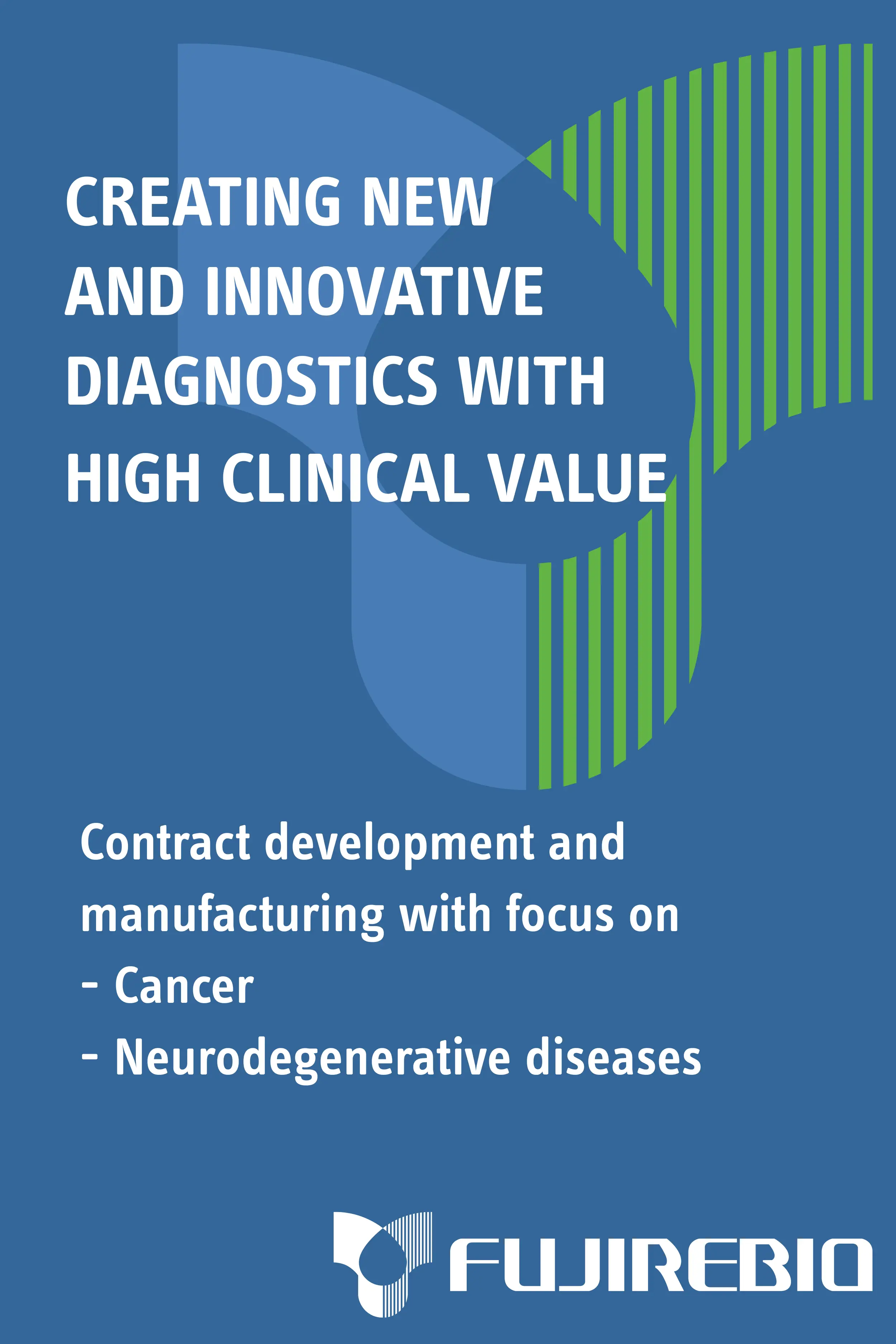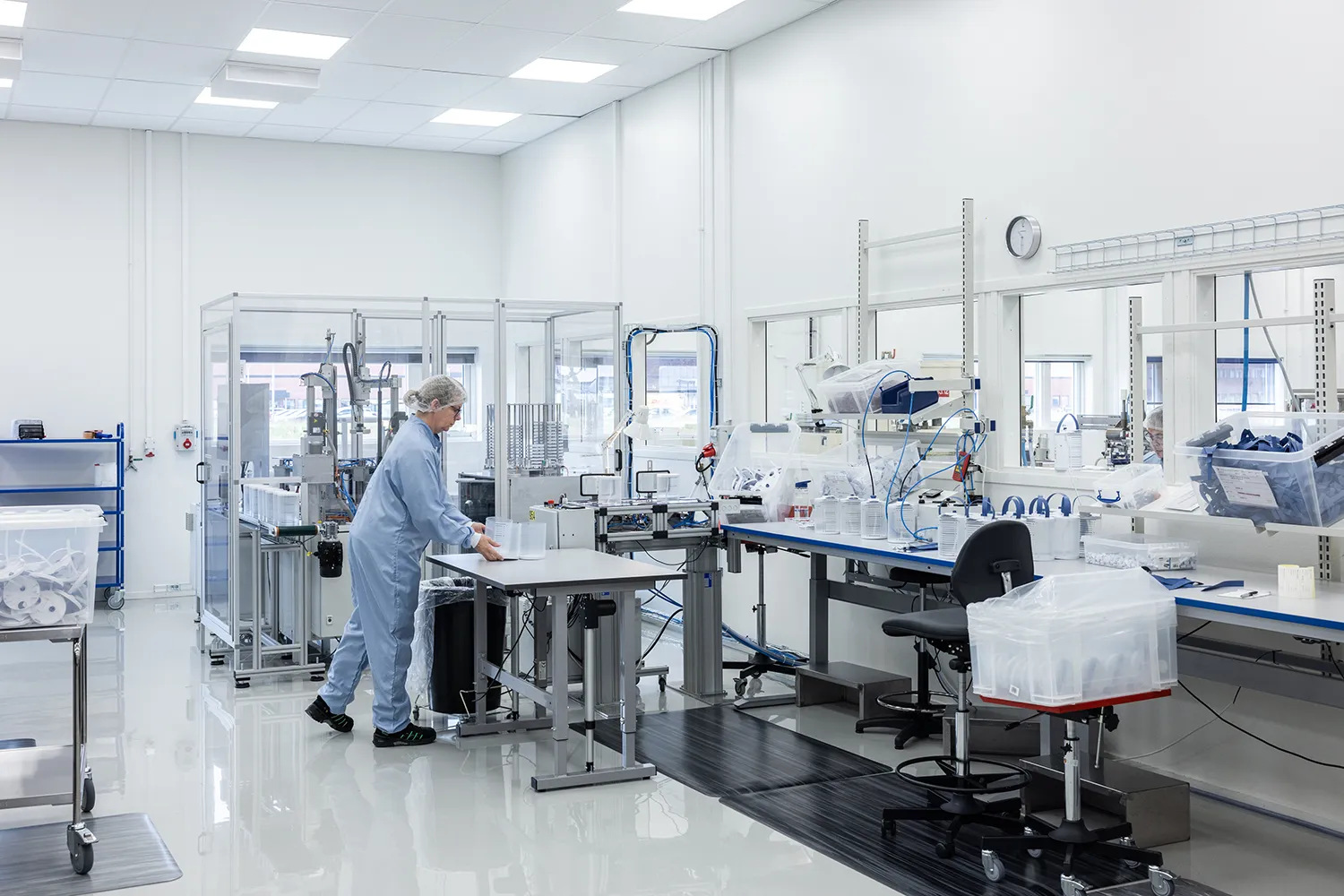Key factors that characterize successful life science companies

To create a comprehensive consultancy for companies in pharma, biotech, and medtech, Aurevia was formed in January 2025 through the merger of several European firms – Artimed, Clinical Consulting, Kasve, Labquality, and P.R.I.S.M.A. CRO – specializing in clinical laboratory quality assessment, regulatory affairs, and clinical research. The merger also included the contract research organization (CRO) Scandinavian CRO, experts in clinical research, and QAdvis, which provides quality assurance and regulatory (QARA) services for medical devices.
– With all this expertise combined, Aurevia can offer extensive services in clinical research and regulatory affairs as well as professional training for the pharmaceutical, medtech, and IVD industries and the healthcare sector, says Ulrika Hammarström, Head of CRO Operations at Aurevia.
– With teams in Sweden, Finland, Germany, and Poland, and with a broad European network, we combine deep expertise with local presence in key markets. We don’t just create growth, we also provide reassurance because we know what it takes to succeed.
Aurevia’s CRO operations bring extensive experience and expertise in clinical research within pharmaceuticals, medical technology, and in vitro diagnostics. The company also has cutting-edge competence in quality assurance and regulatory affairs for medical devices and IVD products, and works closely with both national and European regulatory authorities. Today, many medtech companies turn to Aurevia for guidance in navigating regulations and their interpretations.
– The regulatory landscape has changed significantly, particularly with the introduction of the EU’s Medical Device Regulation (MDR) and the In Vitro Diagnostic Regulation (IVDR), says Anna-Karin Alm, Head of QARA Operations at Aurevia.
– We support companies throughout the entire process of meeting EU requirements for medical devices and IVDs – from strategic interpretation of the regulations to practical implementation and communication with authorities.
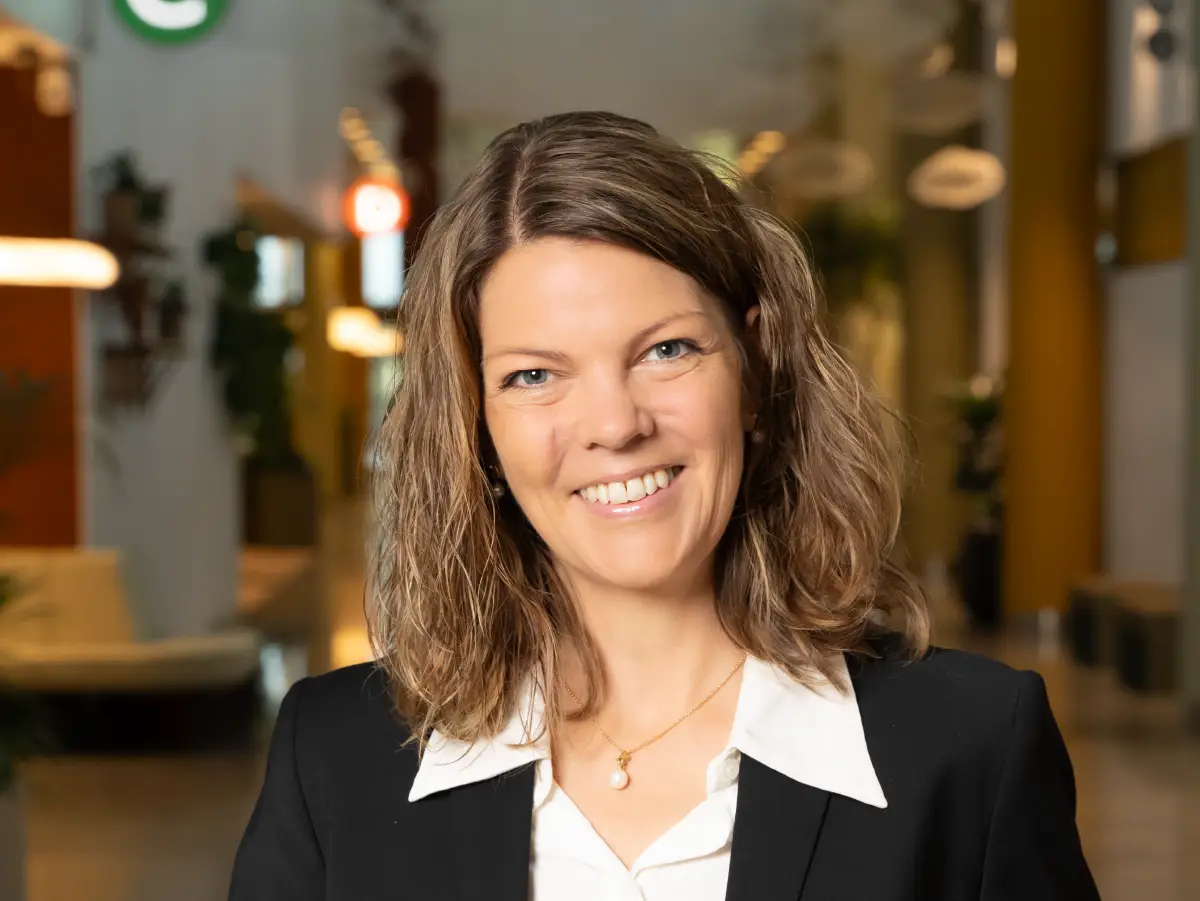
Key factors
Financing, regulatory changes, and global market pressures are among the challenges life science companies face. According to Anna-Karin Alm and Ulrika Hammarström, there are clear factors that characterize successful and leading companies.
– There has been a cultural shift in the industry where many leading companies have moved from seeing expert support as a “nice to have” to recognizing it as a strategic resource – something a company must have in order to succeed, says Ulrika Hammarström.
– The scope of expert support depends on client needs, but there are strong reasons to bring in the right expertise from the very beginning. Investors – who are critical for execution – want to know that you understand regulations, the market, and how you plan to reach it. That requires the right expertise.
– Strategic clarity is the new currency in life science, where thoughtfulness, experience, and planning are more important than ever, explains Anna-Karin Alm.
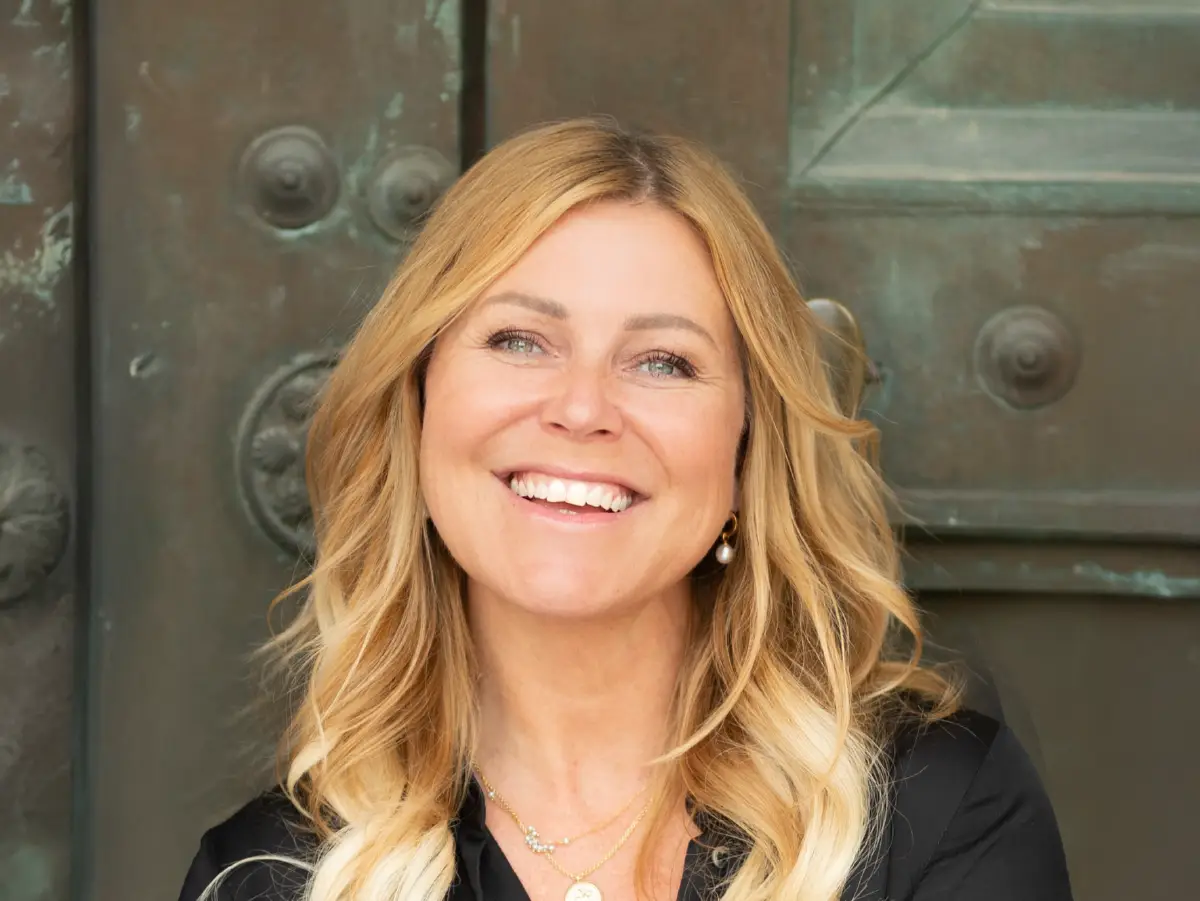
Regulatory Compliance
All pharmaceutical and medtech developers want to succeed on the market, but reaching that point requires more than expert support and concrete strategies – it requires a deep understanding of how regulations affect the entire product lifecycle.
– It is not enough to simply achieve product approval. True success on the market comes from anticipating changes that may affect the product lifecycle and staying continuously updated on regulatory requirements, says Anna-Karin Alm.
Ulrika Hammarström emphasizes that regulatory compliance and the ability to demonstrate product efficacy and safety are critical throughout the lifecycle – from early development, through clinical research, to market access and post-market follow-up.
– Regulatory precision is a competitive advantage. With QARA and CRO experts united under one roof, we can support our clients throughout their entire product development journey with comprehensive and flexible solutions, she says.
– Our way of working not only attracts more clients but also new consultants who are passionate about thought leadership. We bring together strong expertise, value collaboration, and share a passion for quality and for making a real difference for both users and patients, adds Anna-Karin Alm.
Ulrika Hammarström continues:
– Our business is about people, and we have built a stable platform for future growth – not only for ourselves but also for our clients. It is truly a privilege to, together with our clients, contribute to life-changing innovations that improve and save lives.





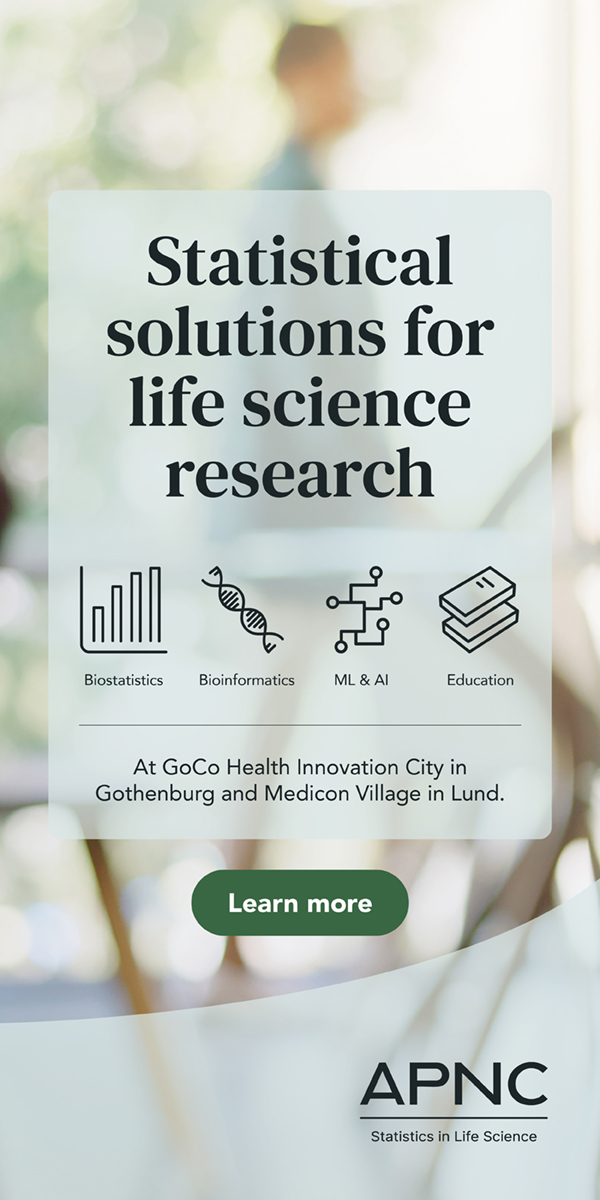

-1%20kopiera.webp)



